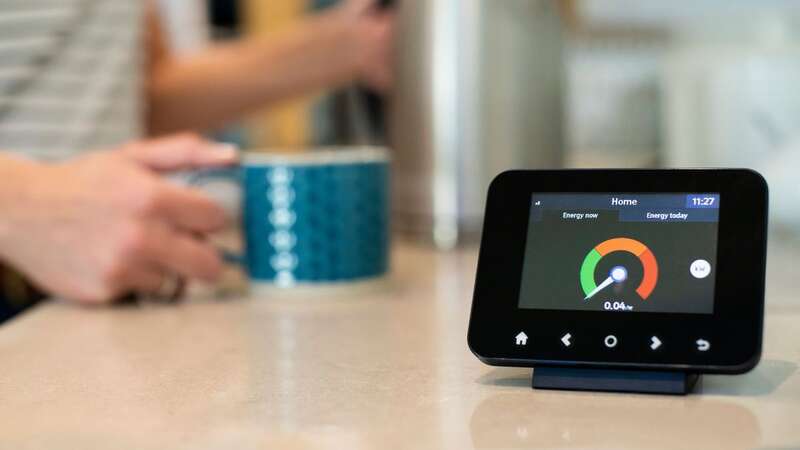
Ofgem has announced its new price cap for July - and it's good news for Brits as energy bills are set to drop again.
The price cap will fall from £1,690 a year to £1,568 for a typical dual fuel household paying by direct debit, and will last from July 1 until September 30. But the name "price cap" can be confusing, as there isn't actually a total cap on how much you can pay for energy. It still is all dependent on how much gas or electricity you consume.
The price cap sets the unit rate price for gas and electricity, alongside the standing charges, which is a fixed amount you pay to be connected to the grid - so if you use more energy, you could pay more than the price cap headline figure. Ofgem uses this figure to represent what someone with typical energy use, who pays by direct debit, can expect to pay over the year.
The unit rate for gas is falling from 6.04p per kilowatt hour (kWh) to 5.48p per kWh, while the standing charge will change from 31.43p a day to 31.41p. The unit rate for electricity is dropping from 24.50p per kWh to 22.36p per kWh. The standing charge for electricity is lowering marginally from 60.10p a day to 60.12p a day. There are different unit rates and standing charges for prepayment customers and those who pay on receipt of bills.
The main price cap figure based on how much Ofgem reckons the typical household uses. Ofgem assumes the average household consumes 2,700 kwh of electricity and 11,500 kWh of gas over 12 months. To work out your new energy bill, it will be roughly 7% less than what you're paying now. The headline figure is used to show a typical energy user across England, Scotland and Wales - but there are other factors that can impact your energy bill.
 Six savings challenges to take in 2023 - how you could save thousands
Six savings challenges to take in 2023 - how you could save thousands
There are slight regional variations of the rates you're charged under the price cap, as well as different rates for prepayment and pay on receipt of bill customers. Ofgem takes into account the cost of wholesale energy when working out its new price cap. The assessment period for wholesale energy prices for the new price cap was from February 16, 2024 to May 16, 2024. But there are lots of other elements that come into play as well.
It also looks at the cost of maintaining pipes and wires that carry gas and electricity, network and operating costs, as well as VAT, payment method allowances and profits for the energy supplier. Ofgem updates its price cap every three months. It used to be changed every six months but Ofgem started updating it more regularly to reflect changing wholesale prices.
Read more similar news:
Comments:
comments powered by Disqus

































